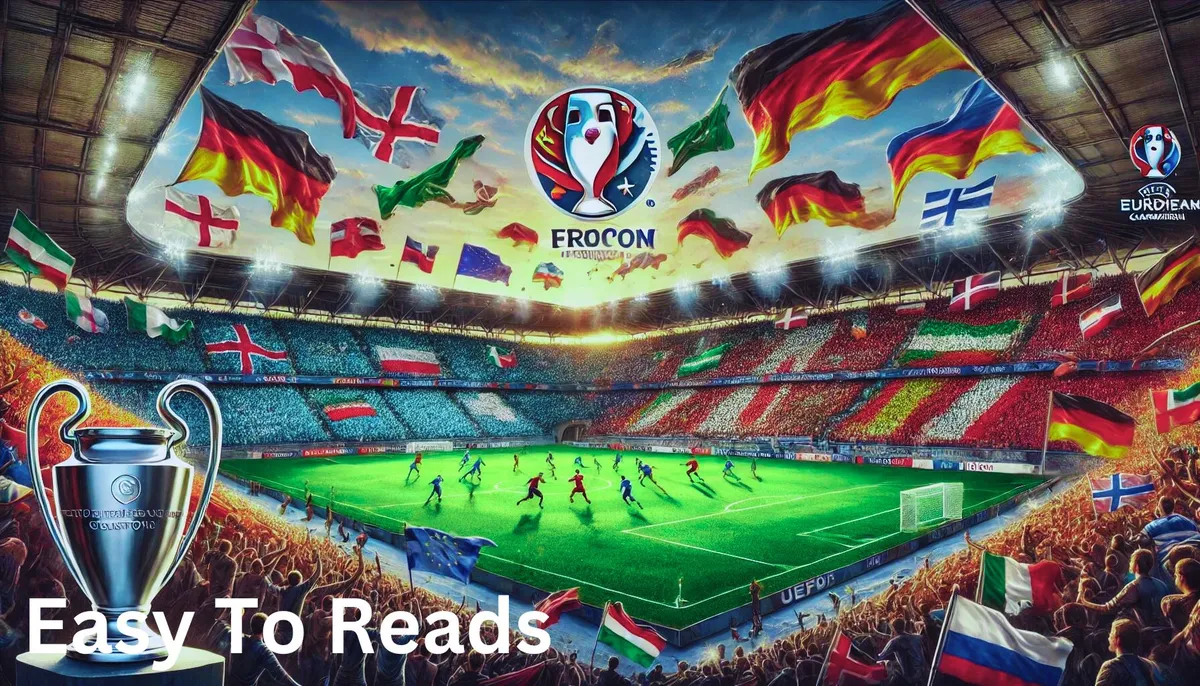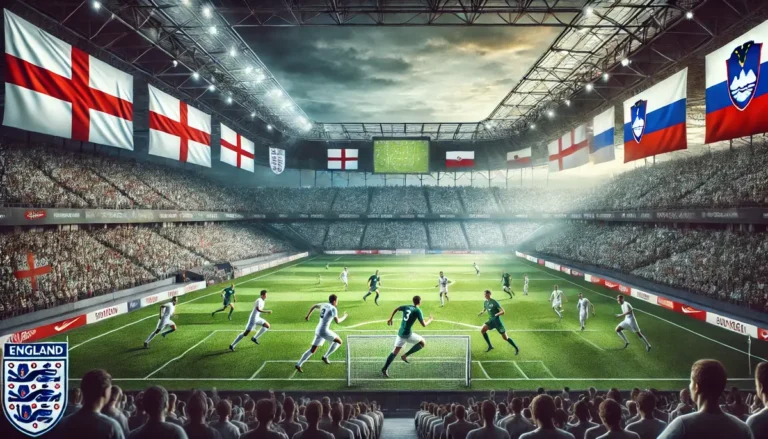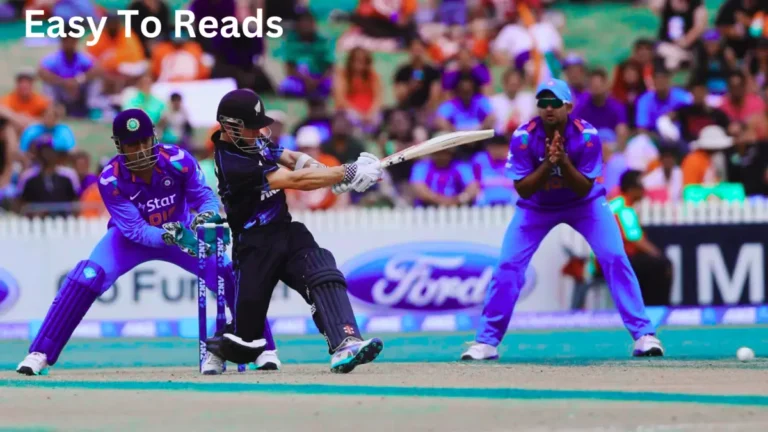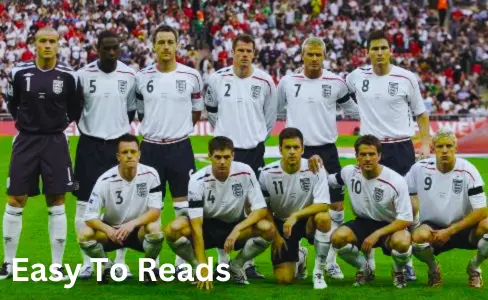Tournois Championnat d’Europe de Football A Comprehensive Guide
The Tournois Championnat d’Europe de Football, commonly known as the UEFA European Championship or the Euros, is one of the most prestigious football tournaments in the world. Organized by the Union of European Football Associations (UEFA), it brings national teams from across Europe to compete for the ultimate honor in European football. From its humble beginnings to its status as a global spectacle, the Euros have provided fans with unforgettable moments, legendary matches, and footballing heroes.
History of the UEFA European Championship
French football administrator Henri Delaunay first proposed the idea of a European football championship in 1927. However, it wasn’t until 1958 that UEFA formally established the tournament. The first edition, known then as the European Nations Cup, was held in 1960 in France. Only four teams participated in the inaugural tournament—the Soviet Union, Yugoslavia, France, and Czechoslovakia—with the Soviet Union emerging as the first-ever champions.
The competition was renamed the UEFA European Championship in 1968 and has since grown significantly in size and stature. Over the decades, the tournament has expanded from a mere four-team format to a grand spectacle featuring 24 teams, reflecting the growth of football in Europe and its popularity worldwide.
Format of the Tournament
The format of the UEFA European Championship has evolved over the years:
- Early Years (1960-1976): The initial tournaments featured only four teams competing in the finals, following a series of qualifying rounds.
- Expansion to Eight Teams (1980-1992): 1980, the format expanded to eight teams, allowing more countries to participate in the finals. The tournament now featured two groups of four teams, with the top teams advancing to the knockout stages.
- Sixteen-Team Format (1996-2012): The 1996 edition, hosted by England, saw another significant expansion to 16 teams, divided into four groups. This format provided more competitive matches and opportunities for surprise performances.
- Current 24-Team Format (2016-Present): Since 2016, the tournament has featured 24 teams, split into six groups of four. The top two teams from each group and the four best third-placed teams advance to the knockout stages, culminating in the showdown to determine the champion.
Qualification Process
National teams must undergo a rigorous qualification process to participate in the UEFA European Championship. The qualification process typically begins two years before the final tournament and involves all UEFA member associations. The teams are divided into groups and compete in a round-robin format. The top teams from each group and some of the best runners-up secure their place in the tournament.
The qualification process is intense and competitive, with teams from all over Europe vying for a coveted spot in the finals. Over the years, this qualification process has seen major footballing powers like Germany, Italy, France, and Spain dominate. Still, it has also given rise to underdog stories that have captured the imagination of football fans worldwide.
Iconic Moments in European Championship History
The UEFA European Championship has witnessed some of football’s most iconic and unforgettable moments. Here are a few:
- Denmark’s Fairytale Win (1992): Perhaps one of the greatest underdog stories in football history, Denmark, who had initially failed to qualify for the 1992 tournament, was invited to participate following Yugoslavia’s disqualification. Against all odds, Denmark went on to win the championship, defeating reigning champions Netherlands and favorites Germany.
- Greece’s Incredible Triumph (2004): In another classic Cinderella story, Greece stunned the footballing world by winning the 2004 European Championship in Portugal. Coached by the tactical genius Otto Rehhagel, Greece defeated giants like France, the Czech Republic, and Portugal (twice) to lift their first-ever major trophy.
- Spain’s Golden Era (2008-2012): Spain’s national team, La Roja, dominated European and world football from 2008 to 2012. They won the 2008 European Championship, followed it up with a World Cup win in 2010, and defended their European title in 2012. Their tiki-taka style of play, led by midfield maestros Xavi, Iniesta, and Xabi Alonso, set a new standard in football.
- Cristiano Ronaldo’s Triumph with Portugal (2016): One of the most memorable moments in recent years was Portugal’s win in the 2016 European Championship. Despite losing their talisman, Cristiano Ronaldo, to an injury in the final, Portugal defeated France 1-0 in extra time, thanks to a stunning goal by Eder. This victory was Portugal’s first major international trophy and solidified Ronaldo’s legacy as one of the game’s most excellent.
The Host Nations and Venues
The UEFA European Championship has been hosted by various countries throughout its history, each bringing unique flavor and culture to the tournament. Some of the notable hosts include:
- France (1960, 1984, 2016): France has hosted the tournament thrice, most recently in 2016. The 1984 tournament is remembered for the brilliance of Michel Platini, who led France to their first European title.
- Germany (1988, 2024): Germany hosted the tournament in 1988, which saw Marco van Basten’s incredible volley help the Netherlands lift the trophy. Germany is set to host the 2024 edition, promising to deliver another memorable event.
- England (1996): Known as Euro ’96, the tournament in England is remembered for the electric atmosphere, iconic matches, and England’s near-miss, losing to Germany in the semi-finals via a penalty shootout.
- Joint Hosts (2000, 2008, 2012): The Euros have also seen joint hosting by neighboring countries, such as Belgium and the Netherlands in 2000, Austria and Switzerland in 2008, and Poland and Ukraine in 2012. These tournaments showcased the unity and shared passion for football across borders.
Impact on European Football Culture
The Tournois Championnat d’Europe de Football has profoundly impacted European football culture. It has not only served as a stage for footballing excellence but has also helped to foster unity, national pride, and cultural exchange among participating countries. The tournament has brought together fans from all over the continent, transcending borders and languages to celebrate the beautiful game.
The Euros have also contributed to football development in many countries, inspiring future generations of players and fans. The tournament’s popularity continues to grow, with each edition attracting millions of viewers worldwide and generating excitement and anticipation among football enthusiasts.
Looking Ahead: The Future of the UEFA European Championship
As we look to the future, the UEFA European Championship promises to continue being a cornerstone of international football. With the 2024 edition set to place in Germany, fans can expect another thrilling tournament filled with drama, excitement, and unforgettable moments. The expanded 24-team format ensures more countries can compete, giving rise to new stories of triumph, heartbreak, and sporting excellence.
Moreover, the tournament’s significance extends beyond the pitch. It serves as a social and cultural exchange platform, promoting values such as sportsmanship, teamwork, and fair play. With each edition, the Euros help build a legacy beyond football, uniting people and fostering a sense of belonging and identity.
Conclusion
The Tournois Championnat d’Europe de Football stands as a testament to the power of sport in bringing people together. From its humble beginnings to its current status as a global sporting phenomenon, the Euros have captured the hearts of football fans worldwide. As the tournament evolves, it will undoubtedly create more memorable moments, inspire future generations, and strengthen the bonds that connect us all through the love of football.






